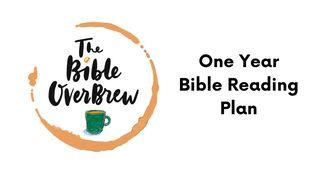Through the Bible: PsalmsSample

I Shall Not Want
The Lord is my shepherd; I shall not want. He makes me to lie down in green pastures; He leads me beside the still waters…. Yea, though I walk through the valley of the shadow of death, I will fear no evil; For You are with me; Your rod and Your staff, they comfort me. (Psalm 23:1-2, 4 NKJV)
"God is my shepherd; I shall not want." A shepherd’s work was considered the lowest of all. Yet, God calls Himself our shepherd because He takes such good care of us, and that should satisfy our needs. “I shall not want” is both a declaration and decision – I have all that I need, and I decide to not desire more than what the Lord, my Shepherd, gives.
"He makes me lie down in green pastures." The shepherd knows how to give his sheep rest. Sheep do not lie down easily. If they are afraid, they will not lie down. If there is friction among other sheep, they will not lie down. If pests trouble them, they will not lie down. If sheep are anxious about food, they will not lie down. Rest comes because the shepherd has dealt with the sheep’s fear, friction, troubles, and physical needs. We are like sheep, and God has dealt with all these. Jesus spilled His blood in Golgotha so we could lie down in green pastures.
"Though I walk through the valley of the shadow of death, I will fear no evil." Jesus Christ took the full penalty of sin in our place. We only need to walk through the dark valley because this is not the final destination. Our shepherd will lead us through to our eternal home – to God Himself.
Prayer
Father, even in discomfort, in rejection, or in the dark valley, I shall not want because Jesus Christ, my Lord, is my Shepherd. In His name I pray, Amen.
About this Plan

The word psalm is derived from the Hebrew word tehillim, which means “praises," and the Greek word psallein, which means “to pluck.” Thus, Psalms is a collection of poetry sung with stringed instruments. The book records the poets' naked emotions––joy, sorrow, or anger––in the high and low seasons of their life. As John Calvin described it, reading Psalms is like looking into a mirror and seeing our own hearts.
More
We would like to thank ICA for providing this plan. For more information, please visit: http://www.icahk.org
Related Plans
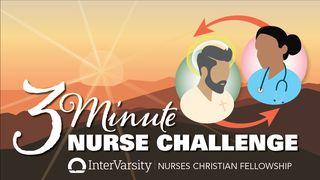
Following Jesus in Nursing: A Daily Devotional for Caregivers
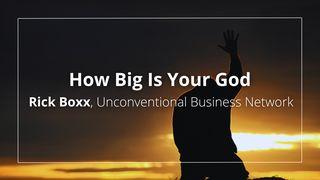
How Big Is Your God

Touching Heaven, Changing Earth
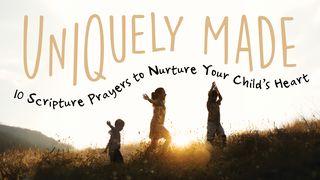
Uniquely Made: 10 Scripture Prayers to Nurture Your Child’s Heart
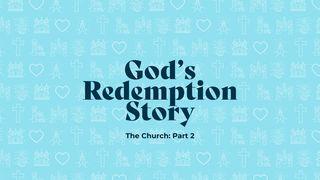
God's Redemption Story (The Church: Part 2)

The Comeback Part 1
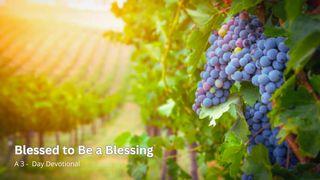
Blessed to Be a Blessing
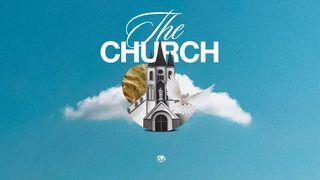
The Church - Ephesians 4
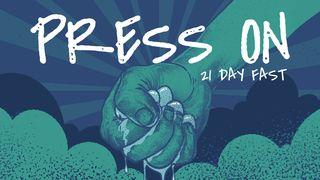
21 Day Press on Fast
